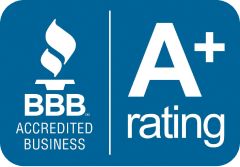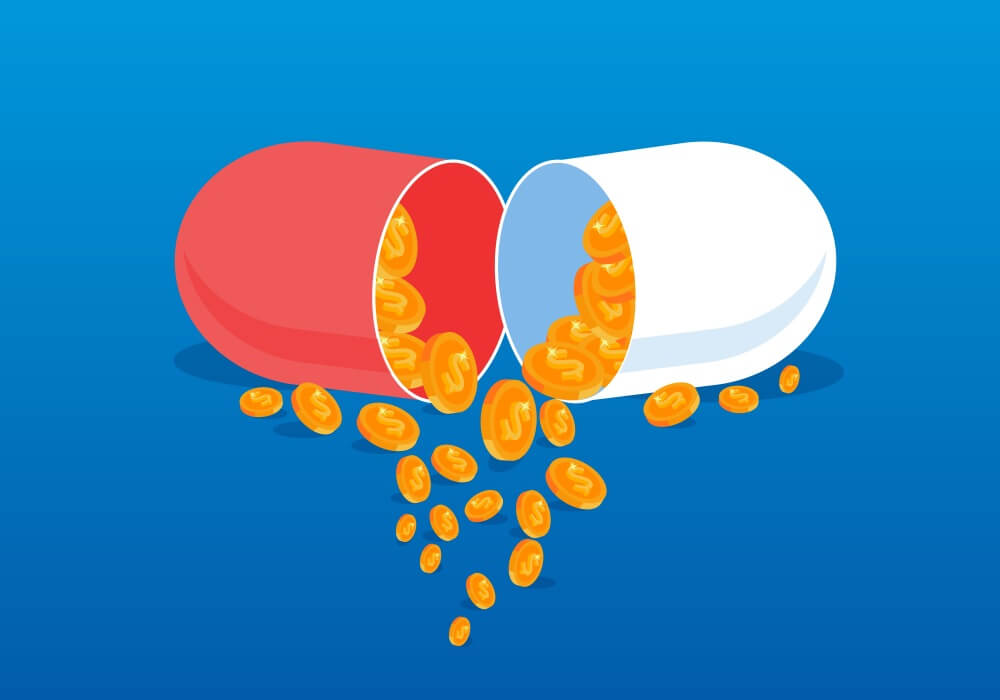The Medicare Part D prescription medication programme pays for most outpatient prescription drugs. Private insurance firms provide Medicare Part D either as a separate plan for people with Original Medicare or as an additional set of benefits for those who have selected a Medicare Advantage Plan.
You should sign up for Medicare Part D when you initially become eligible for Medicare unless you already have adequate medication coverage and will have a Special Enrollment Period. Delays in enrollment might lead to coverage gaps and late fees.
Part D coverage
Covered medications vary by Part D plan and are found on the formulary. You may need to ask for a formulary exception, pay for the medication out of pocket, or file an appeal if it is not on the list of covered medications.
To treat the same symptoms or achieve the same physiological effects, several medications are often grouped together into the same drug category. A minimum of two medications from each of the following categories must be included in any Part D plan, and all medications in these categories must be covered:
- Interventions for HIV/AIDS
- Antidepressants
- Medication used to treat psychosis
- Treatments for epilepsy that use anticonvulsants
- Immunosuppressant medications
- Treatments for cancer, unless Medicare Part B pays for them
Except for those that are included in Part B, most vaccines are also required to be covered by Part D plans.
Medications used to address weight loss or gain, as well as over-the-counter drugs, are specifically prohibited from Medicare coverage by law.
Your medications may be covered by either Medicare Part A or Part B, depending on the conditions.








